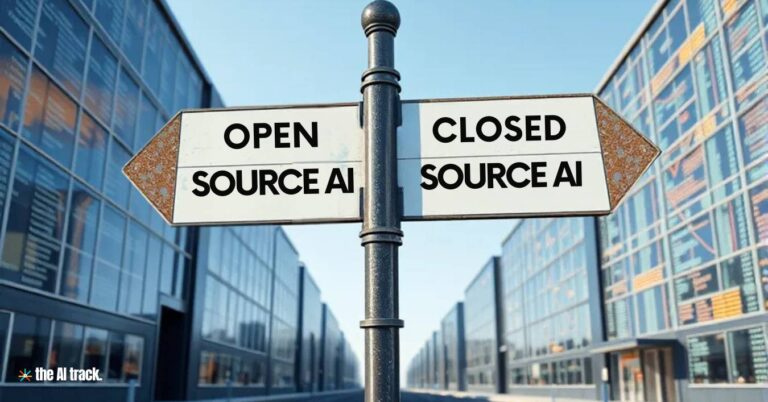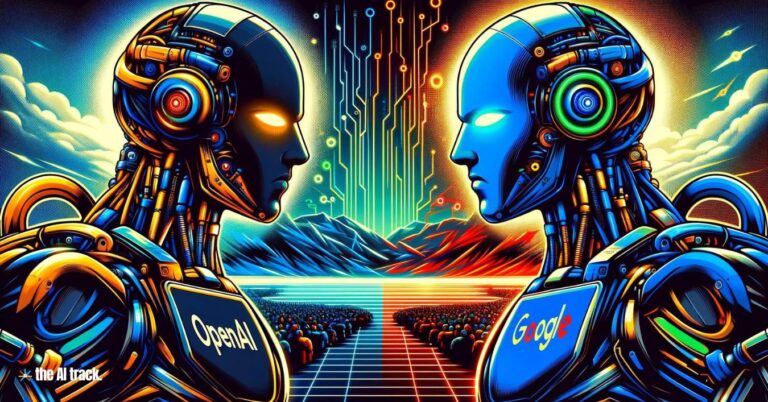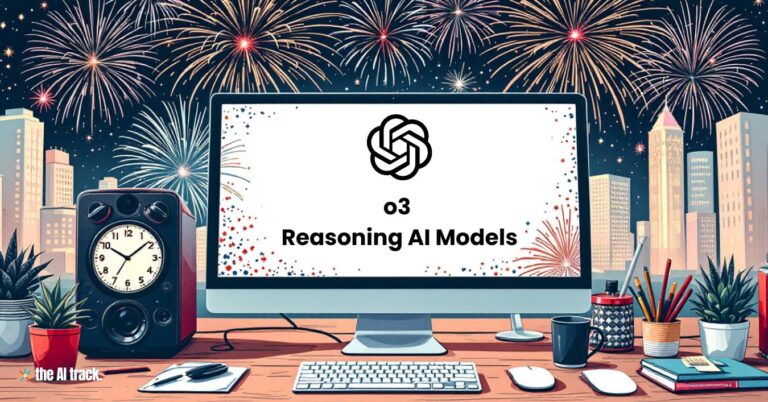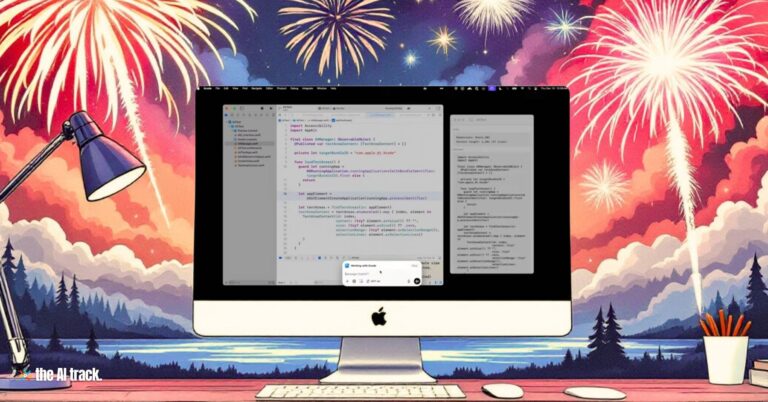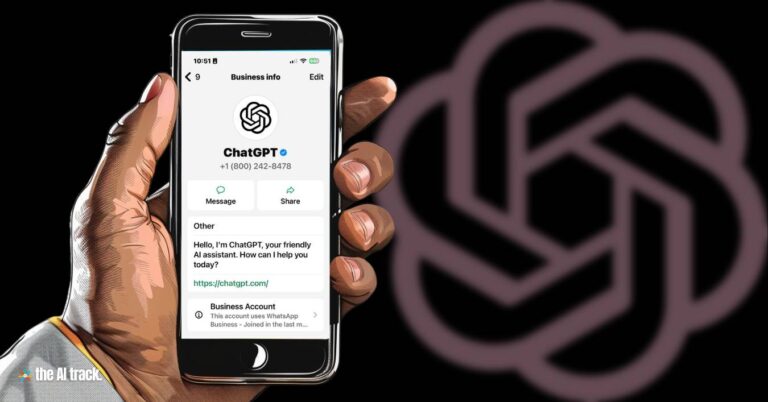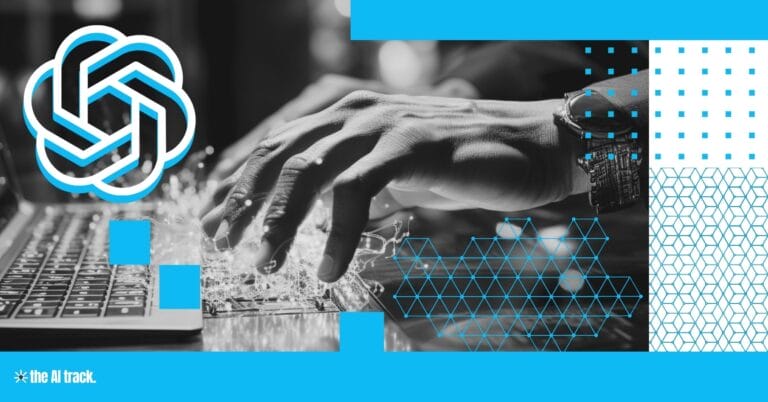Anthropic’s Model Context Protocol (MCP) simplifies AI development by enabling seamless, standardized integration of data sources. By reducing the need for custom connectors and supporting universal data access, MCP is poised to transform the AI industry’s scalability, efficiency, and sustainability.
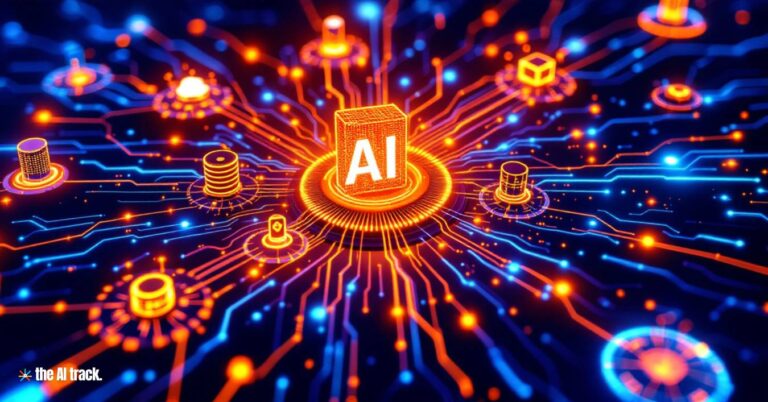
Anthropic’s Model Context Protocol (MCP) – Key Points
- Revolutionizing AI-Data Connectivity:
- MCP offers a universal protocol that connects AI systems to diverse datasets, eliminating the need for custom code for each data source.
- The tool supports tasks ranging from accessing business tools and coding environments to content repositories, making it highly versatile.
- Efficiency and Flexibility:
- MCP allows developers to integrate data sources once and use them across all AI systems, significantly reducing time and complexity.
- It enhances AI performance and efficiency, enabling faster data retrieval and better context-aware task execution.
- Unlike proprietary solutions like OpenAI’s “Work with Apps,” MCP works across a broader range of AI systems and datasets.
- Support for AI Agents:
- Companies such as Replit, Codeium, and Sourcegraph are using MCP to develop AI agents capable of autonomously performing complex tasks, including coding and data management.
- This aligns with the industry’s shift toward agentic AI, where autonomous systems handle intricate workflows.
- Sustainability in AI Development:
- By offering a standardized integration approach, MCP promotes a sustainable AI ecosystem, allowing developers to scale applications without maintaining fragmented connectors.
- As the ecosystem matures, MCP will enable AI systems to retain context across tools and datasets, further improving functionality.
- Enterprise Adoption:
- MCP has been adopted by major organizations like Block and Apollo, which are integrating it into their workflows to enhance productivity and scalability.
- Developers using Anthropic’s Claude Enterprise plan can connect Claude to internal systems via MCP servers, with prebuilt connectors available for platforms like Google Drive, Slack, and GitHub.
- Key Features and Tools:
- Prebuilt Servers and SDKs: Anthropic provides prebuilt MCP servers for rapid deployment, along with SDKs and developer toolkits for building custom integrations.
- Quick Start: Developers can follow straightforward guides to set up MCP connectors, saving resources and accelerating AI application deployment.
- Challenges and Market Context:
- MCP faces competition from proprietary solutions by rivals like OpenAI, which may prefer closed ecosystems.
- The adoption rate depends on the protocol’s ability to demonstrate significant performance improvements and address gaps in existing systems.
Why This Matters:
MCP democratizes AI development by simplifying data integration, fostering innovation, and enabling the creation of more sophisticated, context-aware AI systems. This approach reduces barriers to entry for developers while supporting the growth of agentic AI applications across industries like software development, enterprise management, and customer service.
Autonomous AI agents are transforming automation, with Nvidia, Microsoft, Anthropic and Google competing to lead. All you need to know about the next AI frontier
Sources
The AI landscape is increasingly defined by the contrasting approaches of open source and closed source models. This article examines the nuances of each approach, exploring their benefits, challenges, and implications for businesses, developers, and the future of AI.


